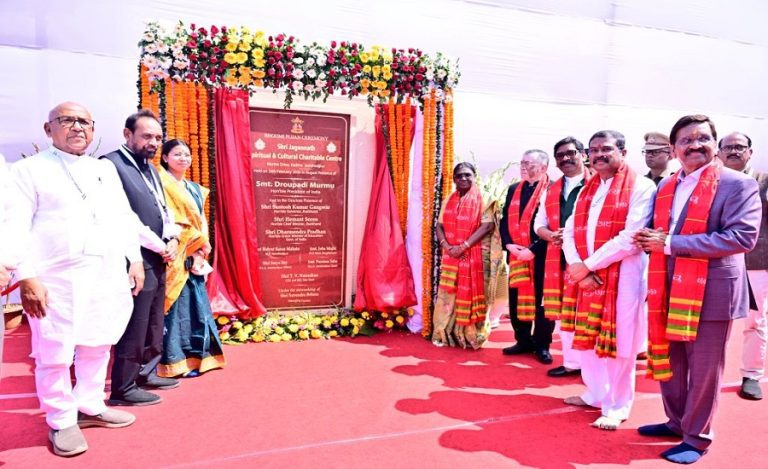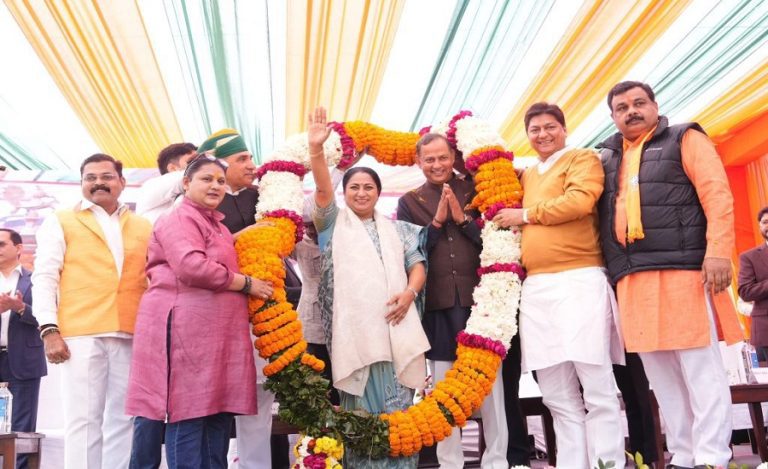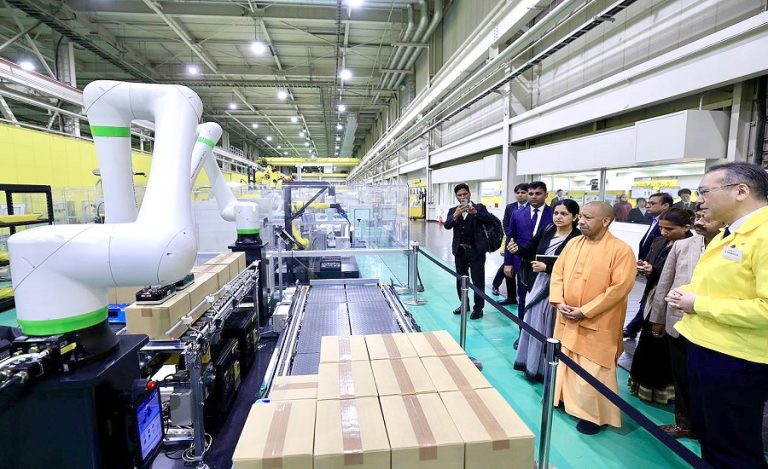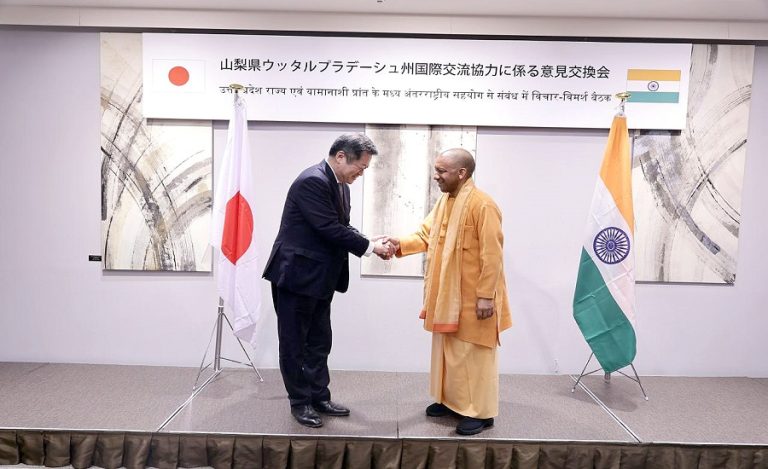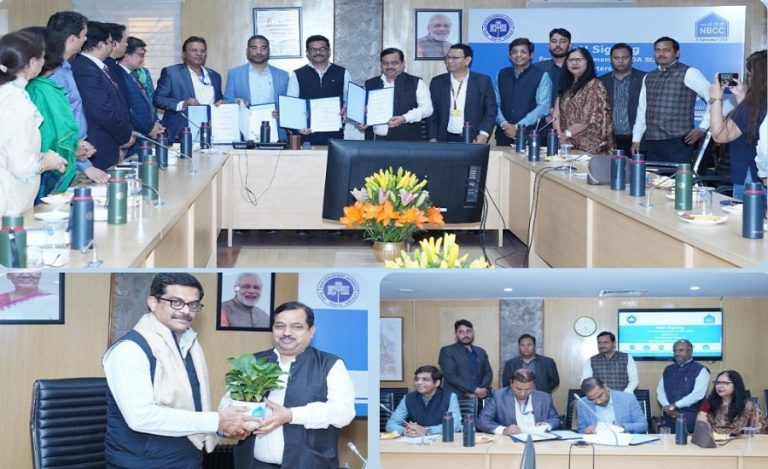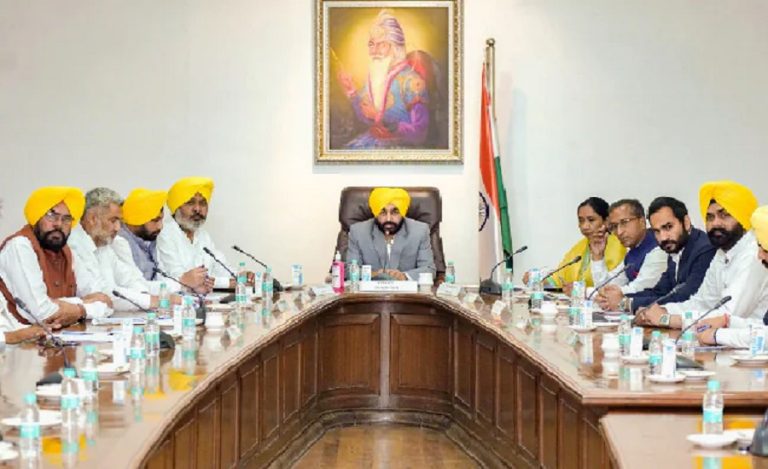New Delhi: NITI Aayog has called on the Indian government to provide fiscal incentives and support the creation of brownfield, large-scale auto clusters to strengthen the country’s position in the global automotive value chain.
The recommendations were made in a new report titled “Automotive Industry: Powering India’s Participation in Global Value Chains,” launched on Friday by NITI Aayog Vice Chairman Suman Bery.
The report envisions India’s automotive component production reaching USD 145 billion by 2030, with exports expected to triple from USD 20 billion to USD 60 billion. This surge could create 2–2.5 million new jobs, raising total direct employment in the sector to 3–4 million.
Strategic Recommendations for Sectoral Growth
To scale up manufacturing capabilities, the report urges:
- Opex support for operations and Capex support for infrastructure, tooling, and dyes.
- Cluster-based development to encourage collaboration among firms and enhance access to common R&D and testing facilities.
- Incentives for R&D, branding, and IP transfer to MSMEs to improve competitiveness.
- Skill development programs to support long-term talent needs in the sector.
Non-Fiscal and Policy Measures
The report also suggests:
- Simplification of regulatory procedures.
- Greater worker hour flexibility with fair compensation.
- Stronger promotion of joint ventures, foreign collaborations, and free trade agreements (FTAs).
- Integration of digital technologies and higher manufacturing standards.
- A strategic and diversified approach to FTAs to expand India’s global footprint.
India’s Global Position & Challenges
India, now the fourth-largest automobile producer globally (after China, the U.S., and Japan), manufactures nearly 6 million vehicles annually. However, the country holds only a 3% share in the USD 700 billion global auto component export market, particularly lagging in high-precision segments such as engine components and steering systems.
Despite its scale, the sector struggles with high operational costs, infrastructural gaps, low R&D spending, and limited integration in global value chains.
Looking Ahead
Speaking at the launch, NITI Aayog CEO BVR Subrahmanyam emphasized India’s emerging role as a preferred global auto destination outside China, given evolving trade dynamics and shifting global manufacturing priorities.
With the global automobile production hitting 94 million units in 2023, the report stresses that timely policy support and strategic reforms could position India as a major global automotive hub.


